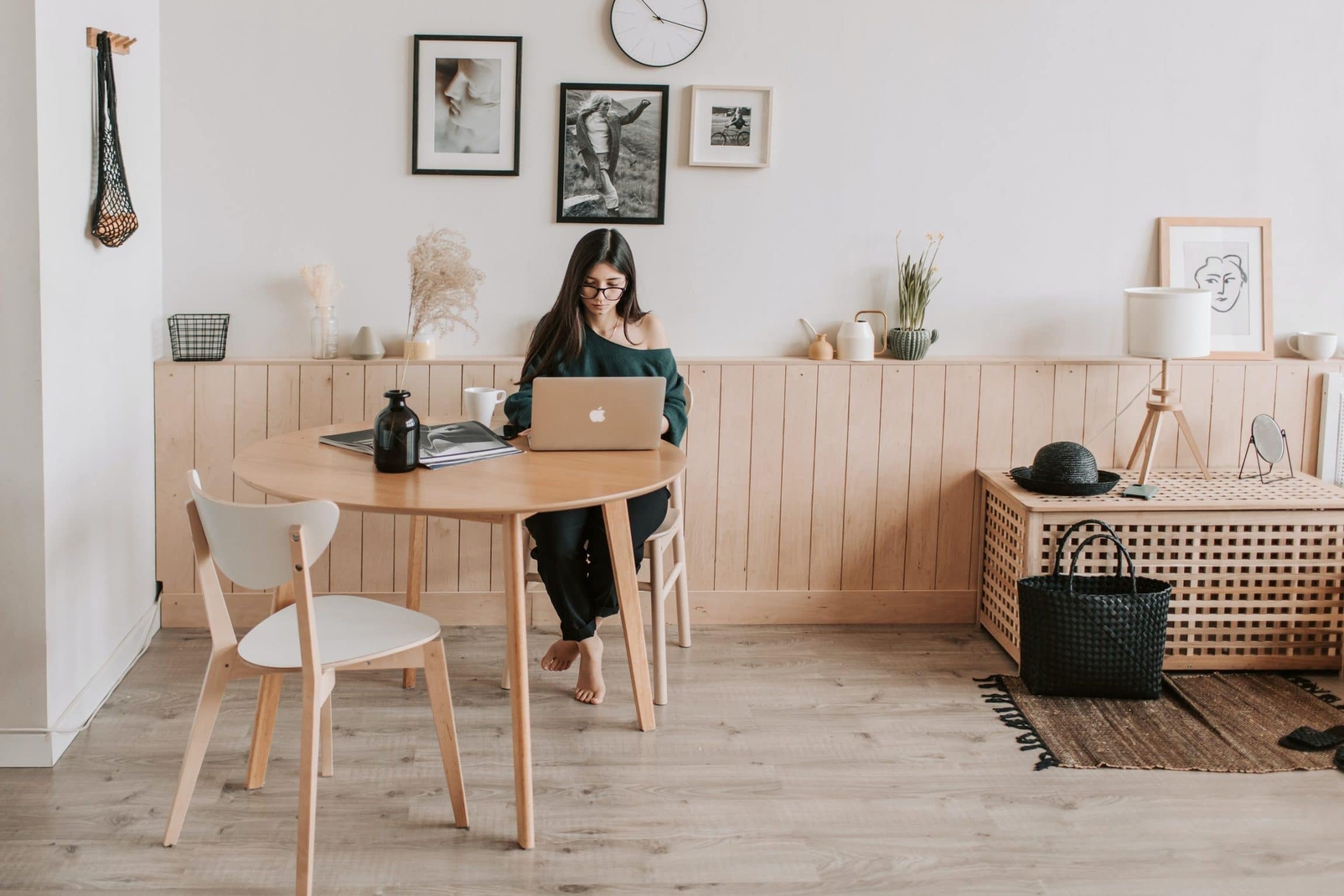In our fast society, evenings usually turn into a scurry among the day challenges and the necessity to relax, sleep and restore energy. However, the way we do wind down at the end of the day greatly influences the quality of sleep, psychological state and general well-being. Instead, establishing a restful evening practice is critical to induce the signals to the body and mind that relaxing, recharging and getting ready to sleep well is time. In this article, you will find useful suggestions and tips to establish an evening routine that allows you to feel calmer and peaceful each night.
The Importance of an Evening Routine
An evening routine helps regulate your internal clock, reduces stress, and improves sleep quality. It serves as a deliberate pause, allowing you to transition from the busyness of the day into restful relaxation. Research shows that consistent bedtime rituals decrease insomnia, lower anxiety, and boost daytime focus.
Moreover, evening routines offer time for self-care, reflection, and connection, contributing to emotional balance and life satisfaction. The key is to design a routine tailored to your preferences and lifestyle, making relaxation a natural and enjoyable habit.
Assess Your Current Evening Habits
Begin by reflecting on your current evening practices. Consider:
- What activities do you engage in before bed?
- How do they affect your mood and energy levels?
- Do you use screens, consume caffeine or heavy meals late, or engage in stimulating conversations?
- How long does it typically take you to fall asleep?
Understanding your baseline highlights habits to keep, modify, or eliminate for better relaxation.
Set a Consistent Bedtime
Establishing a regular bedtime anchors your routine and reinforces your circadian rhythm.
- Choose a time that allows 7-9 hours of sleep.
- Aim to go to bed and wake up at the same time daily, even on weekends.
- Consistency improves sleep quality and daytime alertness.
Treat your bedtime like a non-negotiable appointment for rest.
Create a Tech-Free Wind-Down Period
Exposure to blue light from screens suppresses melatonin, the sleep hormone, disrupting sleep.
- Turn off phones, computers, and TVs at least 60 minutes before bed.
- Use this time for calming offline activities.
- Consider using “night mode” features if screen use is unavoidable.
Reducing screen time helps your body naturally prepare for sleep.
Incorporate Relaxing Activities
Select calming activities that soothe your mind and body:
- Reading: Choose light, uplifting books or poetry rather than work or intense genres.
- Gentle Stretching or Yoga: Promotes physical relaxation and mindfulness.
- Meditation or Deep Breathing: Lowers heart rate and calms the nervous system.
- Listening to Soft Music or Nature Sounds: Creates a tranquil atmosphere.
- Taking a Warm Bath: Raises body temperature then cools it, facilitating sleep onset.
Rotate or combine these activities to keep your routine enjoyable.
Limit Stimulating Substances and Meals
Avoid caffeine, nicotine, and heavy or spicy foods close to bedtime, as they can interfere with sleep.
- Opt for herbal teas like chamomile or lavender for their calming effects.
- Finish eating at least 2-3 hours before sleeping to prevent discomfort.
- Stay hydrated but limit excessive fluids to reduce nighttime awakenings.
Mindful nutrition supports relaxation and sleep quality.
Prepare Your Sleep Environment
Your bedroom should invite rest and comfort.
- Keep the room cool, dark, and quiet.
- Invest in comfortable bedding and pillows.
- Remove clutter to create a peaceful space.
- Consider blackout curtains or white noise machines if needed.
Optimizing your environment reinforces relaxation cues.
Practice Journaling or Reflection
Spend 5-10 minutes writing about your day, noting accomplishments, gratitude, or unresolved thoughts.
- This process externalizes worries and prevents rumination.
- Focus on positive reflections to cultivate calm.
- Use journaling prompts if unsure where to start.
Reflection promotes emotional processing and mental clarity before sleep.
Set Intentions for the Next Day
Briefly plan priorities or affirm positive intentions for tomorrow.
- This practice helps clear your mind of to-do lists.
- Encourages a proactive and optimistic mindset.
- Reduces anxiety about upcoming tasks.
Intentional planning enhances peace of mind.
Avoid Intense Physical or Mental Activity
Strenuous exercise or stimulating work close to bedtime can raise adrenaline and body temperature, hindering relaxation.
- Schedule workouts earlier in the day.
- Finish mentally demanding tasks at least an hour before bed.
- Replace with calming, low-energy activities in the evening.
Timing your activities supports smooth transition to rest.
Incorporate Aromatherapy
Certain scents promote relaxation and sleep readiness.
- Use essential oils like lavender, chamomile, or sandalwood.
- Diffuse oils in your bedroom or apply diluted oils to pulse points.
- Aromatherapy complements other soothing rituals.
Engaging your senses deepens relaxation.
Maintain Flexibility and Personalization
While consistency is vital, your routine should reflect your unique preferences and circumstances.
- Adjust timing and activities based on how you feel.
- Experiment with new calming techniques to find what resonates.
- Allow grace on busy or unpredictable days.
A personalized routine sustains motivation and enjoyment.
Prepare for a Digital Detox Sleep
To further enhance sleep, consider a full digital detox during your wind-down period.
- Power down devices completely.
- Engage in offline rituals that nourish your mind and body.
- Create a clear boundary between day’s digital engagement and night’s rest.
Digital detoxing reduces stimulation and promotes restorative sleep.
Conclusion
The one that can enhance your sleep, de-stress, and maintain general well-being is forming the habit of a soothing evening routine. With regular bedtime rules, reduced screen time, including a calming repertoire, and well-designed surroundings, you create the conditions to have your body and mind ready to rest. By making it personal and flexible to your routine, keeping your mindfulness practice provides you with the positive change of perspective to make it an enjoyable part of your daily ritual, and makes each night of your life a better experience.


